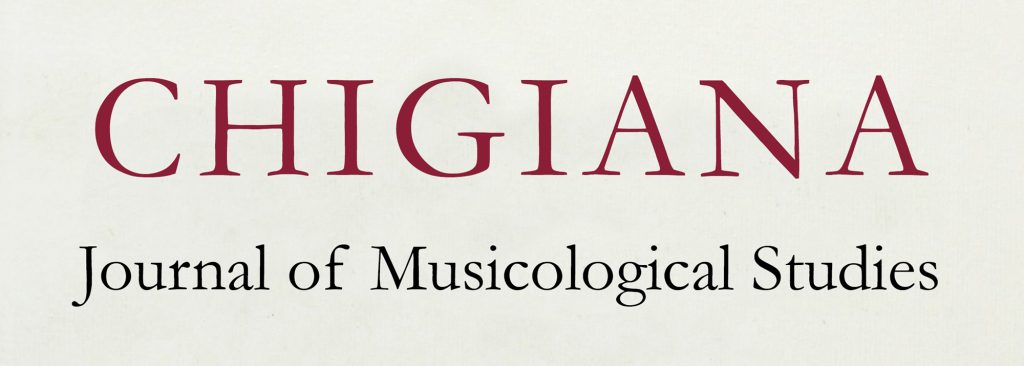
The invisible power of Indian music: A historical analysis of the 19th century
Alamgir Parvez
There is a common saying in India, “Music is a royal affair”, by which they mean that music is too elite. Many of them think that musicians are as respectable as Kings and Queens. This is a common concept passed from generation to generation in India from the medieval era. According to history, Indian music was expanded and promoted by Kings. Prominent musicians were honored and appointed as royal officials in the monarchy age of India. For example, the legendary composer Mian Tansen was appointed as one of the most important officials by the emperor Akbar. Even some of the kings were musicians themselves and they wrote important books on music.
In 1877, the queen of England took charge of India. A new era begins, but the royal tradition of Indian music remains. Afterward, Western culture merged with Indian culture and a new way of Indian music was unveiled.
The question is, “Why did they respect music so much? Is this the hidden power of music?” The answer may be yes, music has an invisible power to heal agonies, sorrows and anxieties of the human mind.
The purpose of this paper is to analyze the value of music in India, the invisible power of Indian music for which musicians were treated as royal officials, and to explain how important music was to society and mankind in the 19th century.
C’è un detto assai diffuso in India – “la musica è un affare reale” – per dire che l’arte musicale è una realtà elitaria. È opinione comune, infatti, che i musicisti siano da rispettare al pari di re e regine. Questo concetto è stato tramandato in India di generazione in generazione fin dal medioevo, e furono gli stessi re a promuovere e a dare sempre più spazio alla musica. Nell’epoca della monarchia indiana, i musicisti di rilievo venivano onorati e ricevevano la nomina di funzionari reali; è il caso, ad esempio, del leggendario compositore Mian Tansen, uno dei funzionari più importanti dall’imperatore Akbar. Inoltre, anche alcuni re erano musicisti e scrissero libri di musica. Quando nel 1877 la regina d’Inghilterra assunse il controllo dell’India e iniziò una nuova era, la tradizione reale della musica indiana rimase intatta, anche se le interazioni con la cultura occidentale determinarono in seguito delle graduali trasformazioni. Il fatto che la cultura indiana abbia assegnato un ruolo di tale preminenza alla musica dipende probabilmente dalla sua capacità di guarire i tormenti, i dolori e le ansie dell’animo umano. Obiettivo della relazione è analizzare il significato della musica e il suo potere invisibile, e fornire alcune chiavi di lettura per interpretare le ragioni per cui la società indiana del XIX secolo abbia attribuito tanta importanza alla musica e al ruolo dei musicisti.
